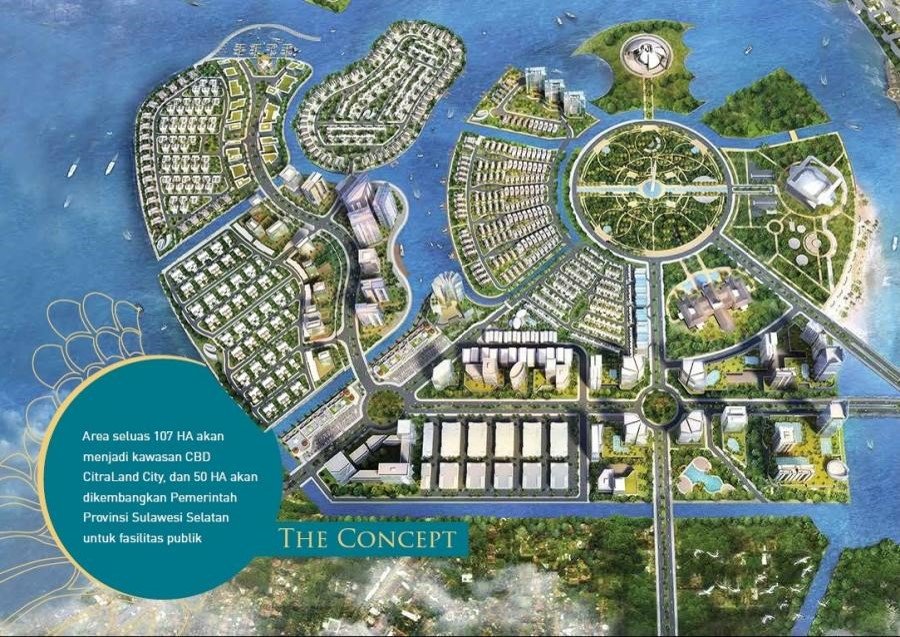16-Peace, Justice and strong Institutions

Related articles

Improved Trade & Investment
On of the three objectives of the Fair Green & Global Alliance is to improve trade and investment to advance socially just, inclusive and environmentally sustainable development.

Towards an alternative investment model: Challenging investors' rights
Investment protection and arbitration is one of the most controversial issues included in trade and investment agreements. It undermines democracy and governments’ rights to regulate in the interest of people and the environment. It also costs millions of euros of public money.

Mutual Capacity Development
In the words of the Dutch Ministry of Foreign Affairs, ‘strong civil society organisations make it easier to hear the voice of the people’. FGG believes this is true both within a country’s borders and beyond them. A remote voice can best be heard when the signal is transmitted loud and clear, received loud and clear, and relayed loud and clear. Global cooperation is all the more important given the current context of ‘shrinking space’ for civil society engagement. In many countries, including democratic ones, civil society actors are facing an increasingly hostile environment. The ability to organise, assemble, operate, raise and secure funds, not to mention express dissent, is increasingly limited by repressive policies, laws and practices, including intimidation and violence perpetrated by both non-state and state actors against human rights defenders. This is especially true for groups at the frontlines of the struggle for inclusive, sustainable development: grassroots, community-based, social, economic, political, environmental and gender justice movements. Now more than ever, strong, well-networked civil society actors are needed everywhere around the world to resist this trend.
FGG works to strengthen civil society actors to advocate and lobby for socially just, inclusive and environmentally sustainable societies using what we call a mutual capacity development approach. This publication, which was inspired by stimulating discussions with the Dutch Ministry of Foreign Affairs, describes in detail what we mean by mutual capacity development and why we believe it is the most effective approach for fair, green and global change.
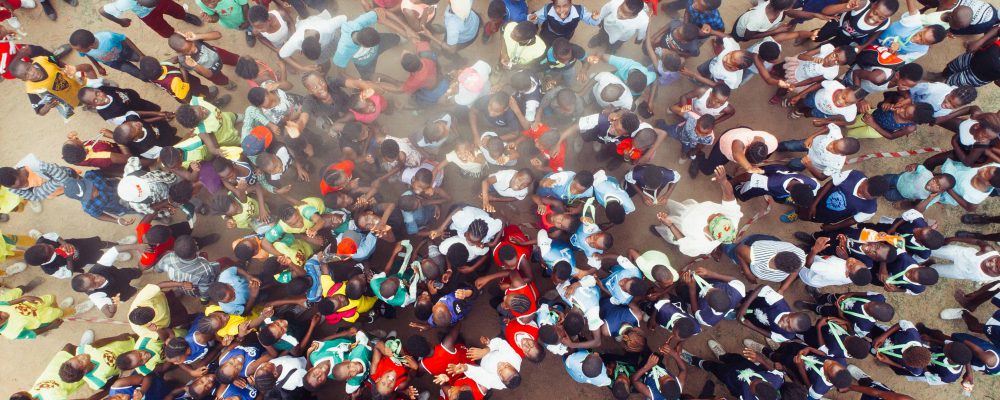
5 Ways for Expanding Civic Space
A thriving and open civic space is a necessity for civil society actors to exercise their rights, access information, voice their views, organise, engage in and, most importantly, meaningfully influence their world: we need a thriving civil society to fundamentally transform our societies for the sake of people and our planet. However, civic space is under continuous and increasing pressure. We see Bangladeshi unions in the garment industry being repressed, direct foreign investment being prioritised over the land rights of agrarian communities in Myanmar, and many more devastating developments taking place, often negatively influenced by economic actors and factors. One of the greatest opportunities for the Dutch Ministry of Foreign Affairs to facilitate positive change for people and the planet is to protect and expand civic space. The Fair, Green and Global Alliance’s latest publication shows five ways to do so.
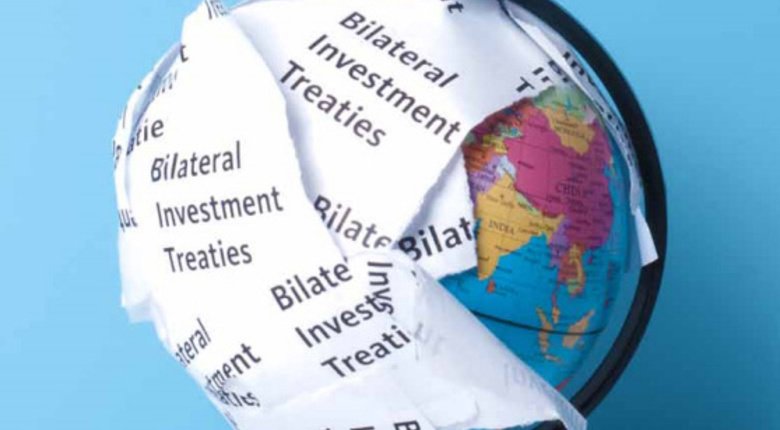
A genuinely future-proof global trade model looks different
The Fair Green & Global Alliance comprises 6 Dutch organisations and over 1,000 organisations and networks in the global South. Together we work to strengthen the voice of civil society actors in public and political debates. Trade and investment have the potential to contribute significantly to economic opportunities and equality. We focus on the rules determining our international trade and financial system, and establish links between the way in which we have organised our global economy and the effects this has on people and the environment across the world.
The FGG Alliance, broad-based as it is, dedicates resources to the debate around trade and investment agreements. We work with local groups in Latin America on the EU-Mercosur agreement and unite with Indonesian organisations in a critical campaign around the EU-Indonesia Comprehensive Economic Partnership Agreement (CEPA). We also focus on the Comprehensive Economic and Trade Agreement (CETA) between the EU and Canada. The Alliance played an active role in the debate around the – now stalled - Transatlantic Trade and Investment Partnership (TTIP) between the EU and the US. And we advocate for the abolishment of the – currently predominantly North-North oriented - Energy Charter Treaty. Why do we do this?
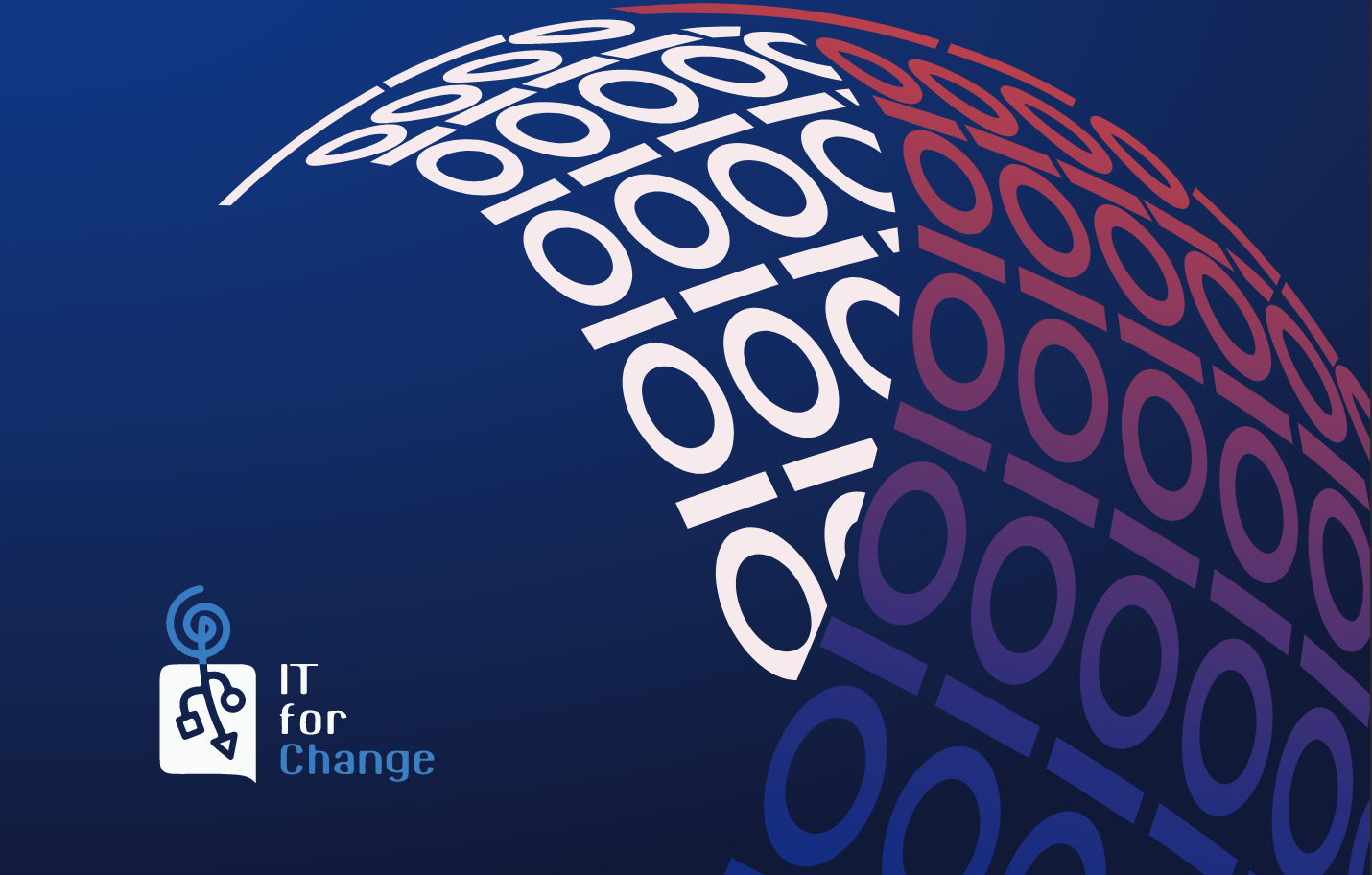
The digital divide
Digitalisation is one of the biggest transformations in our societies. Executive director at IT for Change, Parminder Jeet Singh states that social and economical inequalities are causing and increasing a digital divide. IT for Change in India is an important strategic partner for the FGG Alliance regarding the issues concerned with digitalisation and gender.
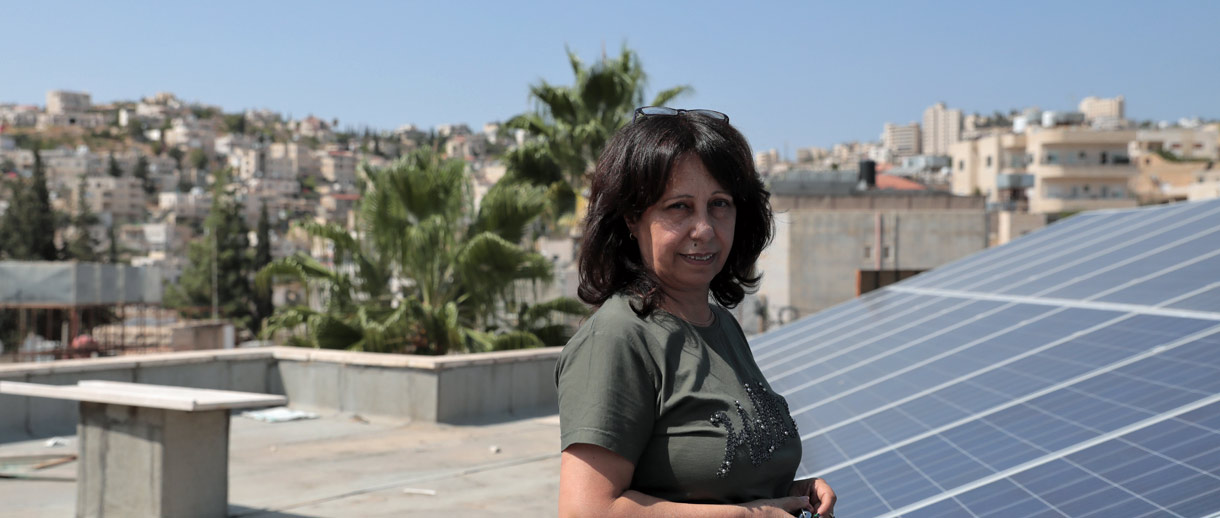
Palestinian women GROW own sustainable energy
A group of Palestinian women reclaimed souvereinty over their energy supply. Together they engaged with the Ministry of Energy, the Ministry of Women and the Ministry of Economy to advocate for the empowerment of women in the energy sector and for gender sensitive energy laws. They discussed the obstacles women face in this sector and what opportunities could empower them. This resulted in the Ministry of Energy launching a new project called ‘GROW’, meant to support initiatives by women in the area of renewable energy.
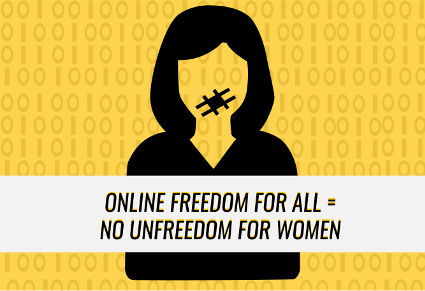
Gender equality and the tech world
Executive director Anita Gurumurthy (IT for Change India) explains why internet security and gender equality are strongly connected.
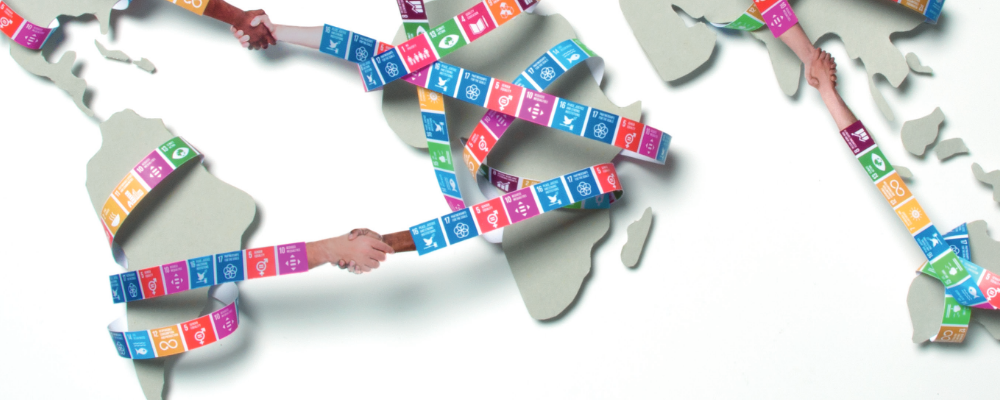
Six recommendations to coherently realise the SDGs
The United Nations’ Sustainable Development Goals (SDGs) provide an unprecedented and invaluable opportunity in the direction of global transformative change of societies and the environment for the good. This paper sheds light on this transformative power of the SDG agenda. It shows the opportunities that are available to assure coherence and the precedence of people and the planet in the realisation of the SDGs, not least via the transformative solutions that grassroots organisations, communities, and civic movements from around the world put forward. And it presents six concrete recommendations that could help governments to implement policies and practices to realise the SDGs as such that they fulfill their potential: “peace and prosperity for people and the planet, now and into the future”.


